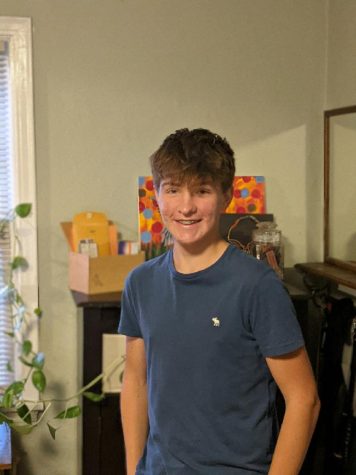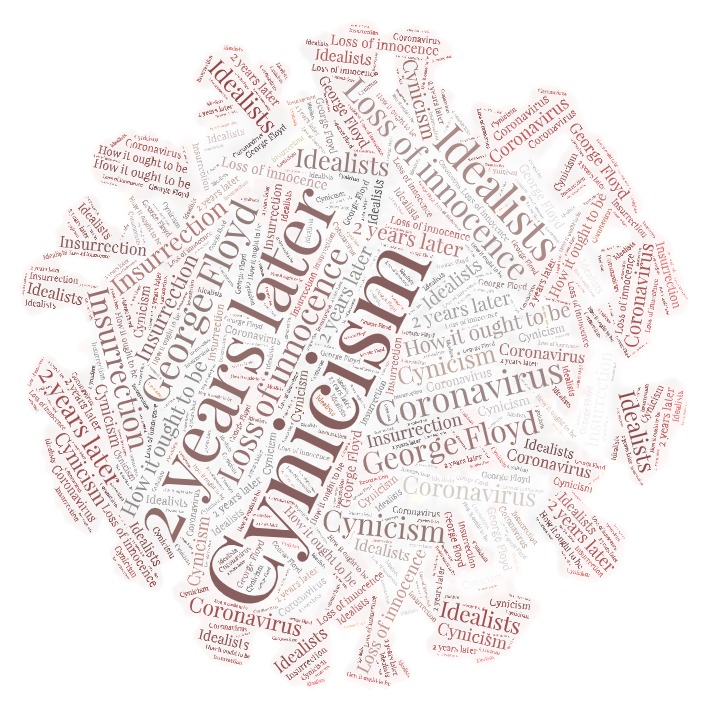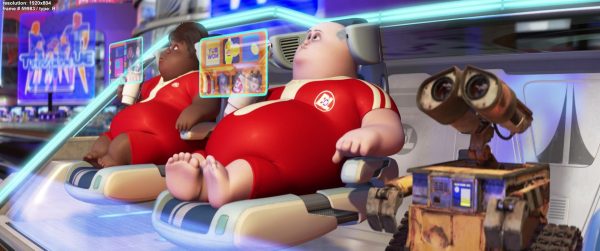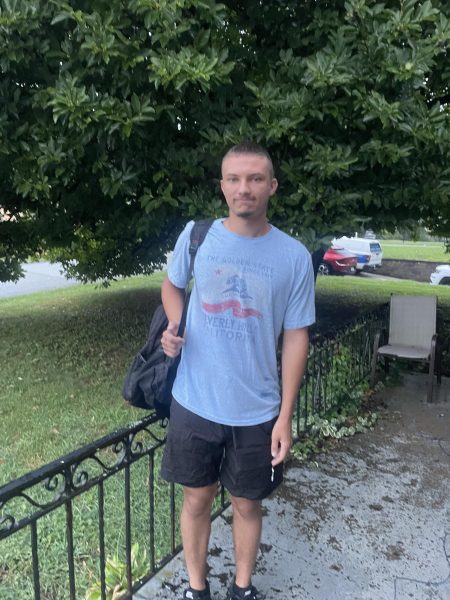March 13th, 2020: Two years later
“Cynicism is a self-imposed blindness. You put the blinders on yourself to protect yourself from a world you think will hurt or disappoint you. Be a fool. Believe things will be good.” – Stephen Colbert
Ever since the fateful day of March 13th, 2020, cynicism has engulfed us.
We stand here, two years later.
Over 700 days have passed, but we still remember everything about this anniversary, no doubt because of its unprecedented nature, but also because it seems so foreign for a time so recent. This was a time of simplicity, an era when we had the privilege of relying on the idea of what “should” happen. In the months since, we have weathered a storm that has ripped that privilege from our hands. Who among us did not believe that life would return to normal in a matter of weeks? Who expected that this crisis would pervade our life in such a rude, invasive way?
More importantly, who could have foreseen the cruelty that we would impart upon each other, not only in regards to a novel virus, but also in the various social issues that have occupied our collective consciousness since that day? Irrespective of our individual views, the last two years have weathered away much of the ‘good’ that we observed. Our world, and all of its harsh indignities, has been revealed to us, without any regard for our naivety.
For many young people, including myself, the true significance of March 13th is that it marks the start of this process; it was only weeks later when George Floyd was murdered in broad daylight. One of the things I remember the most from the day he was killed is that my anger was accompanied by a feeling of helplessness. I had seen the fates of characters like Tom Robinson in To Kill a Mockingbird, and I had considered those implications, but it didn’t matter. For students in a classroom, these stories are purely cautionary. Teachers can teach, and books can illuminate, but a child cannot truly see that evil is around them unless they do it with their own eyes.
Unfortunately, all young people go through this at some point in their lives; it is the “loss of innocence” we hear of so often. Every child will have an experience that enrages them and leaves them wondering what life is all about, and it can vary from being discriminated against on the street to being forced to live on it, but the exact nature in which it happens is not important. What matters about losing our innocence is that it shows us what the real world is all about, and what’s tragic is that the real world doesn’t make sense to us in any way.
After all, why would it? In our younger years, we are taught to be kind. We are taught that being fair, honest, and respectful are all important. We are taught to care for others before ourselves. We are vibrant stars, untouched by life, still believing in how it ought to be. When the world reaches out to us and offers injustice, greed, and power – all of which are foreign to purity – we are dulled, and the skies no longer shine bright.
Just two years ago, I recall a different sky, much brighter than the one I gaze at tonight. Ever since March 13th, 2020, the real world has offered its shameful hand with ruthless consistency; while innocent men have died unjust deaths in the streets, thousands more have succumbed to similar fates in their hospital beds, becoming victims of those who refuse to wear a mask in the name of protection. Men have cascaded up the walls of sacred buildings to tear down their forefather’s creations, all the while portraying themselves as the saviors of their country. The working class has fallen victim to the insatiable greed of billionaires, begging for pennies from men who have millions to spare. The truths of the world have been revealed, and no one has been there to wake us from our nightmare.
But that is not all that the world presents to us; something more sinister lies within, and it turns our depressing realizations into concessions. When we see all of the terrible things around us, we tend to get a craving for the most terrible item inside of Pandora’s box, a tantalizing fruit known as cynicism. We understand that how it is will not always align with how it ought to be, but instead of trying to see the good in the world and attempting to move past the mountains of evil, we are intimidated by the colossal vitality of our problems, and we see them as natural, acceptable boundaries, limits that humanity should simply accept.
Time after time, I see it; take the opponents of the Black Lives Matter movement, who feel the constant need to announce that racism is not ended by “silly little marches.” Take the critics of President Biden; instead of offering alternatives for his initiatives, they have simply attacked him for his “unfeasible” goals. The collective loss of innocence that we have experienced in two years’ time has not filled us with a desire to take on injustice, greed, and power – rather, it has given us the compulsion to accept them, and the belief that it is not worth it to fight them. It has also, unfortunately, provided us with a propensity to slander those who challenge how it is.
And it is this ridicule that sickens me. As any progressive man will tell you, those with ambitions for the world certainly do not regard them as immediate; human nature tends to make absolute goals tiringly difficult. When Martin Luther King spoke of his dream, he did not imagine that it would be realized in a timely manner. Rather, he told of how it ought to be, and he chose to march forward, no matter how challenging the road was ahead of him. When all is said and done, revolutionaries like Dr. King are the people that will be remembered; they worked to fix the world, despite knowing all of its undesirable truths. Consider activists like Sojourner Truth or Frederick Douglass; it would have been unreasonable for them to assume that they would end prejudice in their lifetimes, but they did not fall victim to cynicism, and they worked to deliver the world closer to how it ought to be.
Today, even post Covid shutdowns, I see less and less of this, not because we consider it impossible to make any sort of progress, but because we consider any sort of progress a waste of time. All we can see is the negative aspect, so regardless of any forward movement we make, the only thing we tend to see is the evil that remains. This “all or nothing” attitude is entirely counterproductive; we will never achieve the “all,” so we invariably settle for “nothing.” When a few people take this attitude, there doesn’t seem to be a problem, but when it pervades our culture like it has in the past two years, it starts to rub off on people, especially those who would have otherwise made a difference, and danger starts to set in.
If we disregard this alarmingly widespread movement, we could end up in a seriously undesirable place. As far as March 13th, 2020 goes, most people hold a grudge against this monumental day because of what it took from us. Everyone seems to have lost something, whether it be a sports season, a senior year, or even the life of someone close. What I see the most, though, is that it has taken our drive. The people that walked the halls with me just two years ago were bright and happy, and they had an ability to see the good in the world. I wish I would see this today, but it seems to have disappeared.
Without this drive, we lose the people who might make a difference in our society, as they fall into the trap of cynicism. If we continuously convince young people that creating change is futile, then they will make the dangerous transition from recognizing the world’s failings to accepting them. When this happens, their visions of how it ought to be vanish, as they are now unable to consider that anything can be different from how it is. In a world such as this, the needle never moves. No progress can be seen, and change remains elusive. It may not be the world we want, but it is the world we are headed toward. Soon enough, we will only be left with how it is.

Oliver is a senior, and he has been a part of the newspaper staff for 3 years. He covers a wide range of topics, from school news to student features,...







